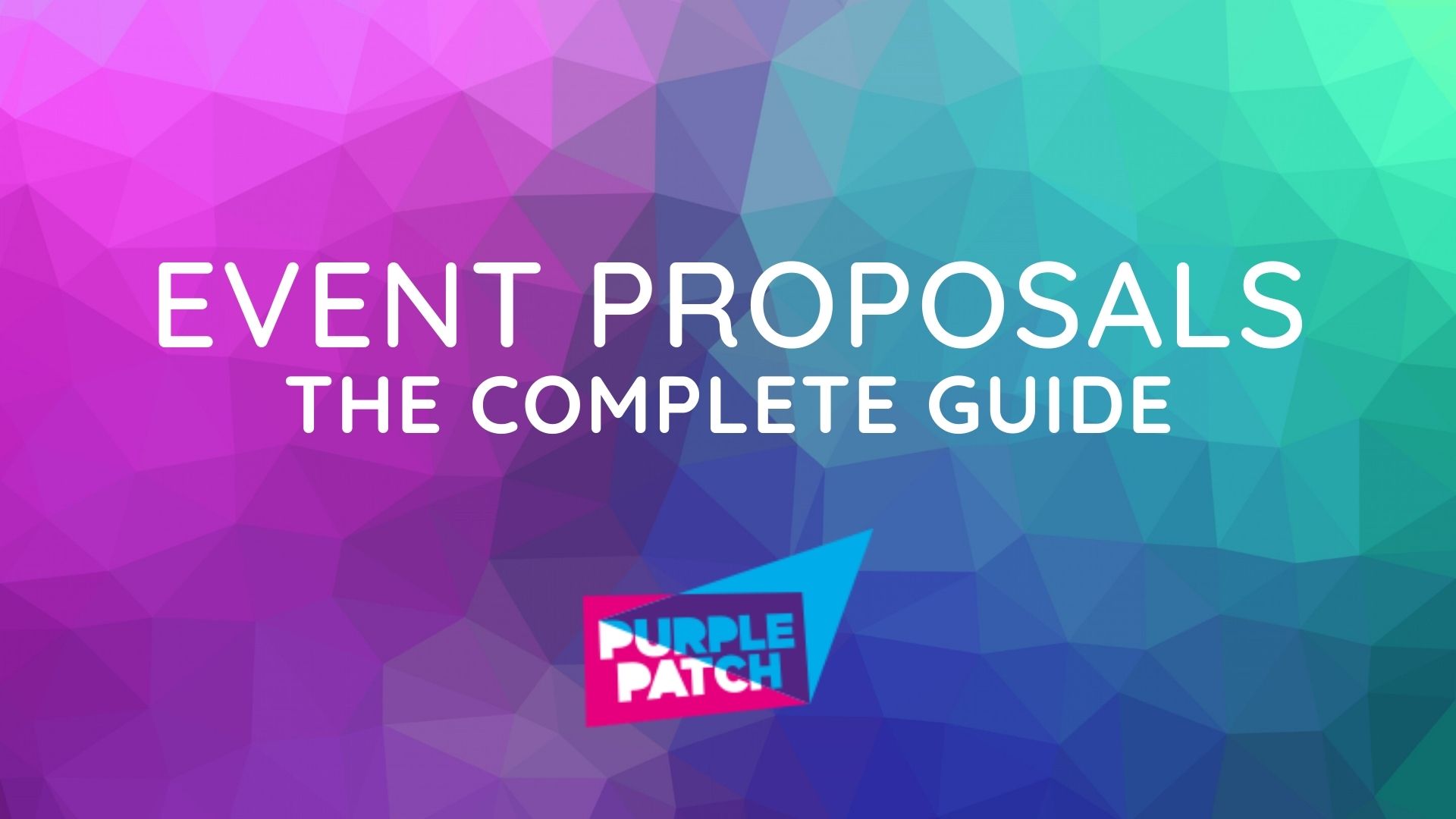Pre-event marketing isn’t just about getting registrations; it’s about building anticipation and excitement among your target audience.
In the world of event planning, the saying “fail to plan, plan to fail” couldn’t be more accurate. Imagine planning a fantastic event with top-notch speakers, incredible content, and innovative experiences, but no one shows up because they didn’t know about it or weren’t excited enough to attend. That’s where pre-event marketing comes into play, helping you create a receptive and enthusiastic audience.
One of the most critical elements of ensuring the success of any corporate event, whether it’s a conference, seminar, or product launch, is pre-event marketing. Successful pre-event marketing activities are the cornerstone of an engaging and memorable event experience. This phase lays the groundwork for your event, helping you not only attract attendees but also engage them effectively.
If you were looking for an in-depth guide to Pre-Event Marketing Activities, you have come to the right page. In this article, we’ll explore various pre-event marketing activities that can make a significant difference in engaging your audience. From understanding your audience’s needs to crafting compelling event stories, building a strong online presence, and implementing content marketing and social media strategies, we’ll cover it all. By the end, you’ll have a comprehensive understanding of how to create a pre-event marketing plan that not only attracts attendees but keeps them excited and engaged until the event day. But before we dive in, let’s understand why you need to build a pre-event marketing strategy in the first place.
Why Is It Important To Have A Pre-Event Marketing Strategy?
Having a pre-event marketing strategy is crucial for several reasons, as it plays a pivotal role in the success and overall impact of your event. Here are some key reasons why having a pre-event marketing strategy is essential:
Builds Anticipation: Pre-event marketing generates excitement and anticipation among your target audience. By teasing what’s to come, you can create a buzz that makes attendees look forward to the event. This excitement can lead to higher attendance rates and greater engagement during the event itself.
Boosts Attendance: Effective pre-event marketing ensures that your event doesn’t go unnoticed. It helps you reach a wider audience, including those who may have yet to be aware of your event. This can result in higher registration and attendance numbers, which is often a primary goal for event organisers.
Engages the Audience: Engaging your audience before the event allows you to establish a connection with them. Through content marketing, social media interactions, and other engagement tactics, you can foster a sense of community and belonging among attendees. This engagement can translate into more active participation and a higher level of satisfaction during the event.
Strengthens Brand Presence: Pre-event marketing reinforces your brand’s presence in the minds of your target audience. It not only promotes the event but also showcases your organisation’s expertise and commitment to delivering value. This can enhance your brand’s reputation and credibility.
Facilitates Planning: A well-executed pre-event marketing strategy helps you plan more effectively. By gauging attendee interest and registration numbers in advance, you can make informed decisions about logistics, catering, seating, and other event details. This can lead to smoother event execution.
Provides Data and Feedback: Through pre-event marketing efforts, you can collect valuable data and feedback from your audience. This data can help you understand your audience’s preferences, expectations, and pain points. It can inform your content, programming, and overall event strategy.
Increases Sponsorship Opportunities: Sponsors are often more inclined to support events with a strong marketing strategy. When you can demonstrate a well-thought-out plan for reaching and engaging your target audience, you’re more likely to attract sponsors who want to align themselves with a successful event.
Optimises Resource Allocation: Pre-event marketing allows you to allocate your resources more effectively. You can focus your budget and efforts on strategies and channels that are yielding the best results, rather than adopting a one-size-fits-all approach.
Minimises Last-Minute Rush: Without pre-event marketing, you may find yourself in a last-minute rush to promote the event, potentially missing out on valuable opportunities to engage your audience. Planning and executing marketing activities in advance can help you avoid such stress.
Enhances Post-Event Relationships: The connections made and the engagement fostered during pre-event marketing can extend beyond the event itself. Attendees who had a positive pre-event experience are more likely to stay engaged with your organisation after the event, potentially becoming long-term supporters or customers.
Pre-Event Marketing Activities for Audience Engagement
To ensure your event attracts the right audience, creates anticipation, and generates buzz, you need a diverse set of online and offline pre-event marketing activities. Here, we explore these activities, providing insights on how to execute them effectively to make your event a resounding success.
Online Pre-Event Marketing Activities:
Create a Dedicated Event Website: Develop a user-friendly website showcasing event details, including dates, venue, speakers, and registration options. Incorporate engaging visuals, videos, and compelling content to entice visitors to learn more and register.
Social Media Promotion: Craft a social media content plan that includes event announcements, countdowns, behind-the-scenes glimpses, and teaser content. Engage with your audience by responding to comments, asking questions, and using event-specific hashtags to amplify your reach.
Email Marketing Campaigns: Segment your email list to deliver personalised invitations, event updates, and reminders. Craft compelling subject lines, clear calls to action, and mobile-responsive designs to ensure your emails are opened and read.
Content Marketing: Produce valuable and relevant content, such as blog posts, articles, webinars, podcasts, or videos, related to your event’s topic. Share this content on your event website, social media channels, and email newsletters to build anticipation.
Paid Advertising: Design and run online advertising campaigns on platforms like Google Ads or social media channels. Target specific demographics, interests, and behaviours to reach a wider audience and drive registrations.
Engage with Influencers: Identify and collaborate with industry influencers who can promote your event to their dedicated followers. Leverage their reach and credibility to build trust and excitement among potential attendees.
Virtual Pre-Event Engagement: Host online teaser events, webinars, or Q&A sessions to give attendees a preview of the event’s content and value. Encourage participation and interaction to foster engagement.
Event Teaser Videos: Create short teaser videos highlighting key event aspects, speakers, or exciting moments. Share these videos on social media, your event website, and through email campaigns to build anticipation.
Event Blog Series: Develop a series of blog posts dedicated to various event topics, speakers, or relevant industry trends. Share these posts regularly to showcase your expertise and keep your audience engaged.
Webinars and Workshops: Host webinars or online workshops with event speakers or experts to provide valuable insights and a sneak peek into the event content. Promote these webinars across your digital channels.
Online Contests and Giveaways: Run online contests or giveaways with event tickets, merchandise, or exclusive access as prizes. Encourage participants to share and promote your event to enter.
LinkedIn Outreach: Utilise LinkedIn to connect with potential attendees, especially in the B2B space. Share event updates, engage in industry discussions, and send personalised event invitations.
Online Event Calendars: List your event on popular online event calendars and platforms, such as Eventbrite, Meetup, or industry-specific event directories, to expand your reach.
Guest Blogging: Contribute guest posts to industry-related blogs or publications. Include a bio with information about your event and a link to the event website.
Offline Pre-Event Marketing Activities:
Printed Materials: Create eye-catching flyers, posters, and brochures featuring event details. Distribute these materials at high-traffic locations, local businesses, and partner organisations to increase awareness.
Direct Mail: Send personalised event invitations or postcards to targeted prospects via direct mail. Include a clear call to action and registration instructions, making it easy for recipients to respond.
Networking Events: Organise pre-event mixers or meetups at local venues where potential attendees can connect and engage in discussions related to the event’s theme or industry.
Local Media Coverage: Reach out to local newspapers, magazines, TV stations, and radio for media coverage. Secure interviews, guest appearances, or event announcements to increase your event’s visibility within the community.
Street Teams and Guerilla Marketing: Deploy street teams equipped with promotional materials in high-traffic areas. Use creative guerilla marketing tactics to grab the attention of passersby and generate curiosity about your corporate event.
Community Engagement: Partner with local community organisations, charities, or nonprofits that align with your event’s goals. Collaborate on initiatives, such as volunteering or fundraising, to promote your event and contribute positively to the community.
Billboards and Outdoor Advertising: Rent billboards or digital advertising screens in prominent locations to display event details and capture the attention of commuters and pedestrians.
Custom Merchandise: Create branded merchandise, such as T-shirts, hats, or promotional items, related to your event. Distribute these items at local events, trade shows, or giveaways to create a visual presence and generate interest.
Local Radio Spots: Explore opportunities for radio advertisements and guest spots on local radio stations to reach a diverse audience.
Host Workshops or Classes: Organise in-person workshops or classes related to your event’s theme or content. This can establish your authority and attract attendees.
Public Speaking Engagements: Speak at local business organisations, chambers of commerce, or industry events to promote your event and establish credibility.
Community Bulletin Boards: Post event flyers and promotional materials on community bulletin boards in grocery stores, libraries, and coffee shops.
Mobile Advertising: Consider mobile advertising, such as branded vehicles or signage on public transportation, to increase event visibility in your local area.
Local Sponsorships: Partner with local businesses or organisations as event sponsors. They can promote your event in their physical locations and through their customer base.
Host a Networking Event: Invite potential attendees to a networking breakfast, lunch, or dinner where they can learn more about your event and connect with other professionals.
Local Newspaper Inserts: Consider placing event inserts or advertisements in local newspapers or community magazines to reach a broad audience.
Event Merchandise Stalls: Set up merchandise stalls at local fairs, markets, or community events to promote your event and engage with the community.
Leverage Local Influencers: Collaborate with local influencers or thought leaders to help promote your event within your target geographic area.
Select the marketing activities that align best with your event’s goals, target audience, and budget. A combination of these strategies can provide a comprehensive approach to pre-event marketing, maximising your event’s exposure and attendance.
Final Thoughts
By diligently understanding your audience, setting clear objectives, crafting compelling event stories, building a robust online presence, and implementing content marketing and social media strategies, you can create a buzz that attracts your target attendees.
Remember that pre-event marketing is an ongoing process that requires adaptation and refinement based on audience feedback and changing trends. Continuously analyse the effectiveness of your strategies, be prepared to adjust your tactics, and never underestimate the power of user-generated content. Ultimately, the efforts you put into fine-tuning your pre-event marketing strategy are directly proportional to the results you will see when it comes to the success of your event.
We hope you found this guide useful and wish you all the best for your upcoming event. If any of this feels overwhelming, remember that you don’t have to go it alone. At Purple Patch, we’re here to support and guide you every step of the way. Whether you’re seeking expert assistance in event planning, marketing strategies, or organising corporate events in the UK, our dedicated team is ready to collaborate with you. Contact us today to explore how we can make your events extraordinary, memorable, and successful.


